It all started with TRGT avian researchers attaching geolocators to a particular migratory bird species, the Louisiana Waterthrush. After wearing the tracking devices for a full year, five of these birds returned to the Tennessee River Gorge equipped with units full of fascinating data. The geolocators revealed the migratory pathways and wintering destinations of the five birds; two of which spent their winter in Northern Guatemala. Part of the Lynhurst Foundation grant funding this project included a cultural exchange component in partnership with La Paz Chattanooga. The plan was to connect with communities on the other end of the migration to engage in a cultural exchange centered around neotropical bird migration. In the fall of 2018, TRGT and La Paz Chattanooga traveled to the Petén region of Guatemala to meet with partners and commence the cultural exchange program. For information about our initial visit to Guatemala, check out this link.
In the spring of 2019, TRGT brought our Guatemala partners to Tennessee to continue this cultural and scientific exchange. Representatives of the Petén Birders Association and the Wildlife Conservation Society flew over the Gulf of Mexico, just as the Louisiana Waterthrush had done earlier that month, and began an exciting two week adventure. The group traveled to Chattanooga area schools, community lectures, and meetings in which we personally engaged over 430 people. The representatives from each community shared artwork and letters between students from Guatemala and Tennessee followed by moving messages about how these migratory birds connect us. Our partners taught science classes about conservation in Guatemala, Spanish classes about Guatemalan culture, and community members about our shared responsibility to protect the environment. Each day before we met with classes and community groups, our Guatemalan partners accompanied the TRGT bird research team into the field to capture Louisiana Waterthrushes that had just traveled from Central America themselves.
Our Guatemalan partners are doing incredible work in Petén, Guatemala. Both the Petén Birders Association and Caoba Birders Club (a partner organization in Petén) work day in and day out to educate their surrounding communities about bird conservation and more broadly, the long-term benefits of protecting their environment. The group is also leading by example through demonstrating how eco-tourism and birding can provide economic incentives to leave their forests and farms intact, rather than selling the lands for incompatible land uses such as monoculture oil palm plantations. Our other partner, the Wildlife Conservation Society office in Flores, Guatemala, works to use compelling science to inform the protection of Guatemala’s unique wildlife. These organizations work to protect many of the same migratory species that we protect here in Tennessee, and in some cases, even the same individual birds!
This program taught us and the broader community how connected we all are and emphasized our shared responsibility to protect the species that call both places home. This exchange is still growing. We have partnered with Velo Coffee Roasters on a microlot coffee sourced from Guatemala. The proceeds from this coffee will support the Petén Birders Association in their mission to promote bird conservation and environmental education in the Petén region of Guatemala. For more information about this product, click here.
Stay tuned for more exciting news. This is just the beginning!
Photo Gallery
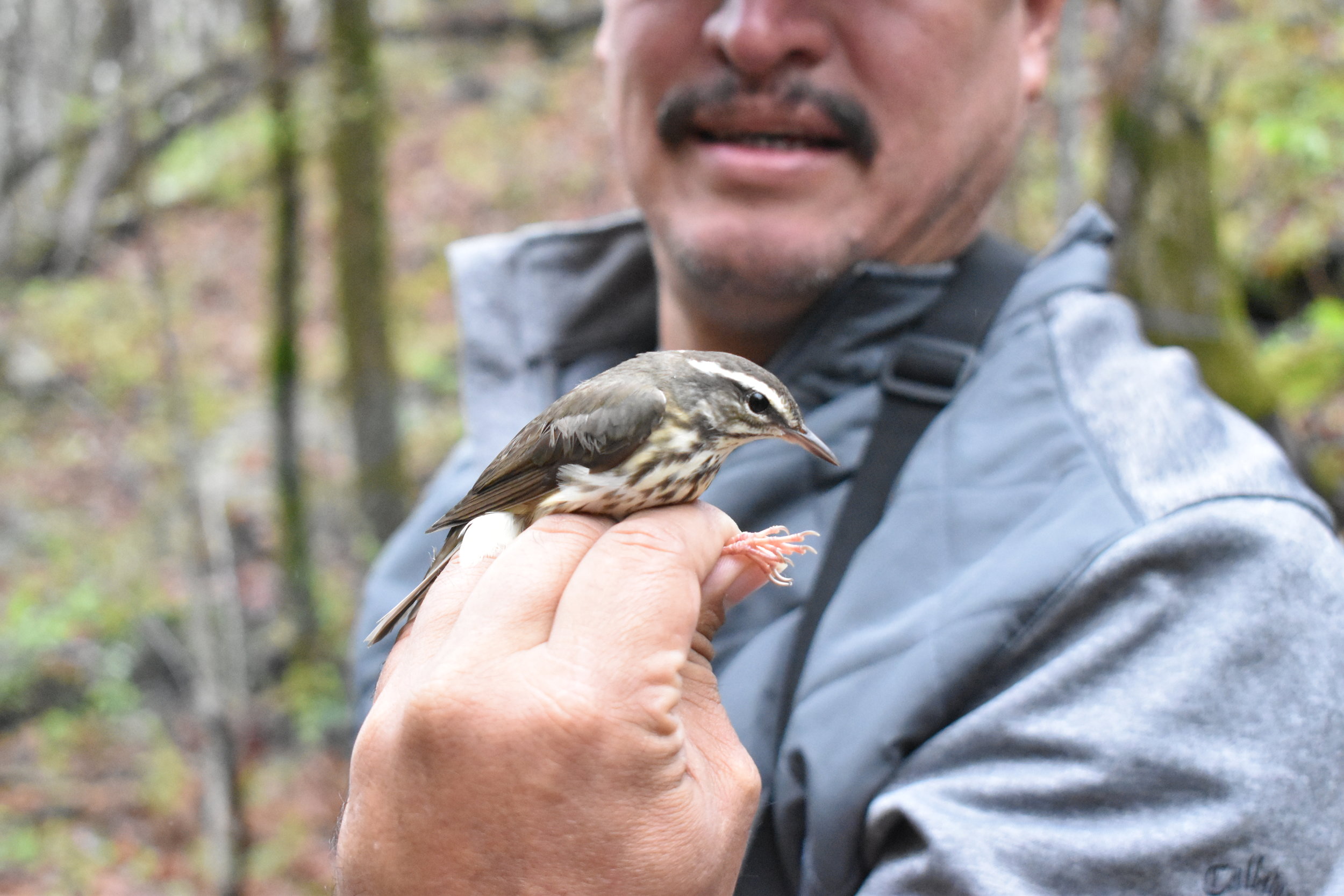
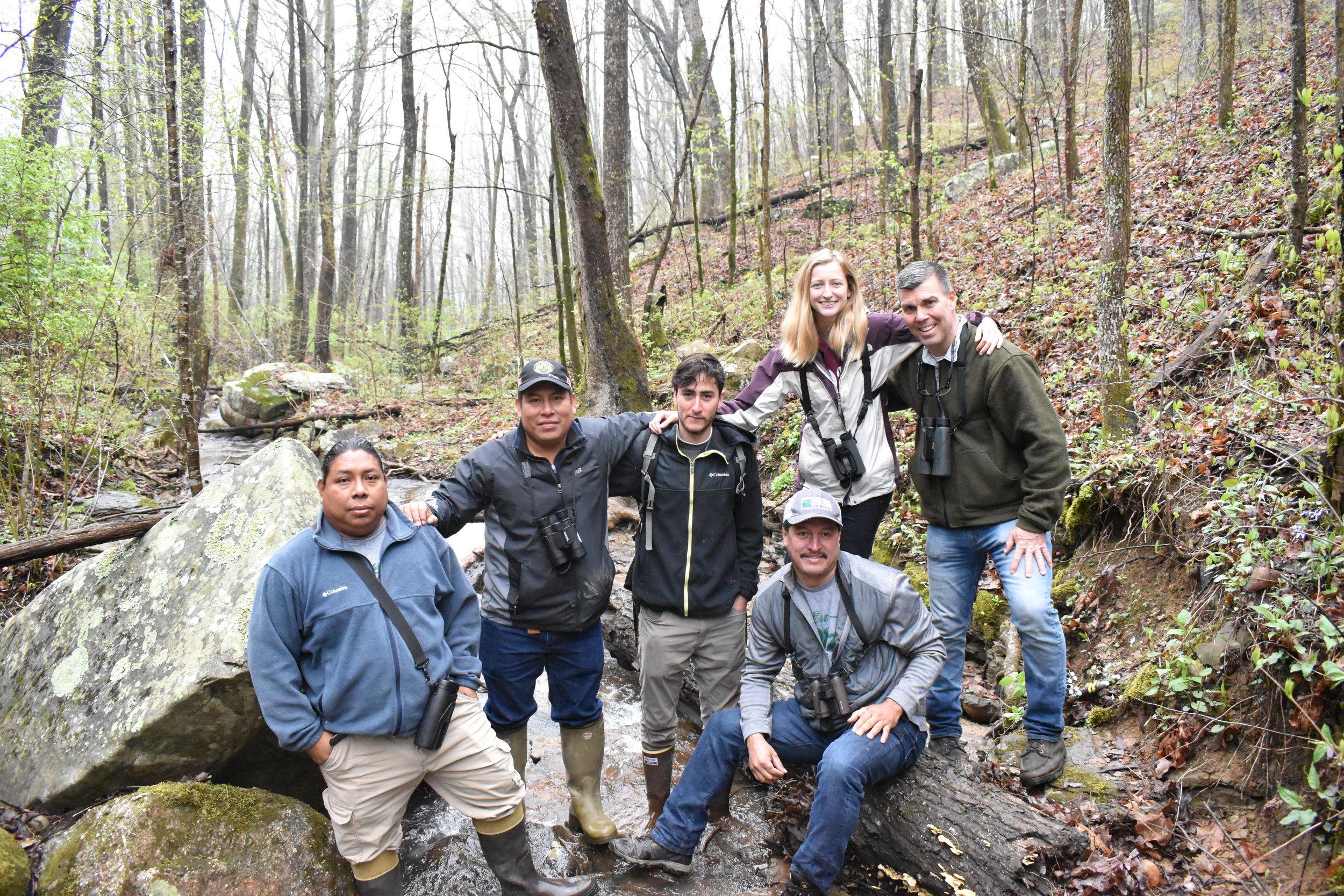
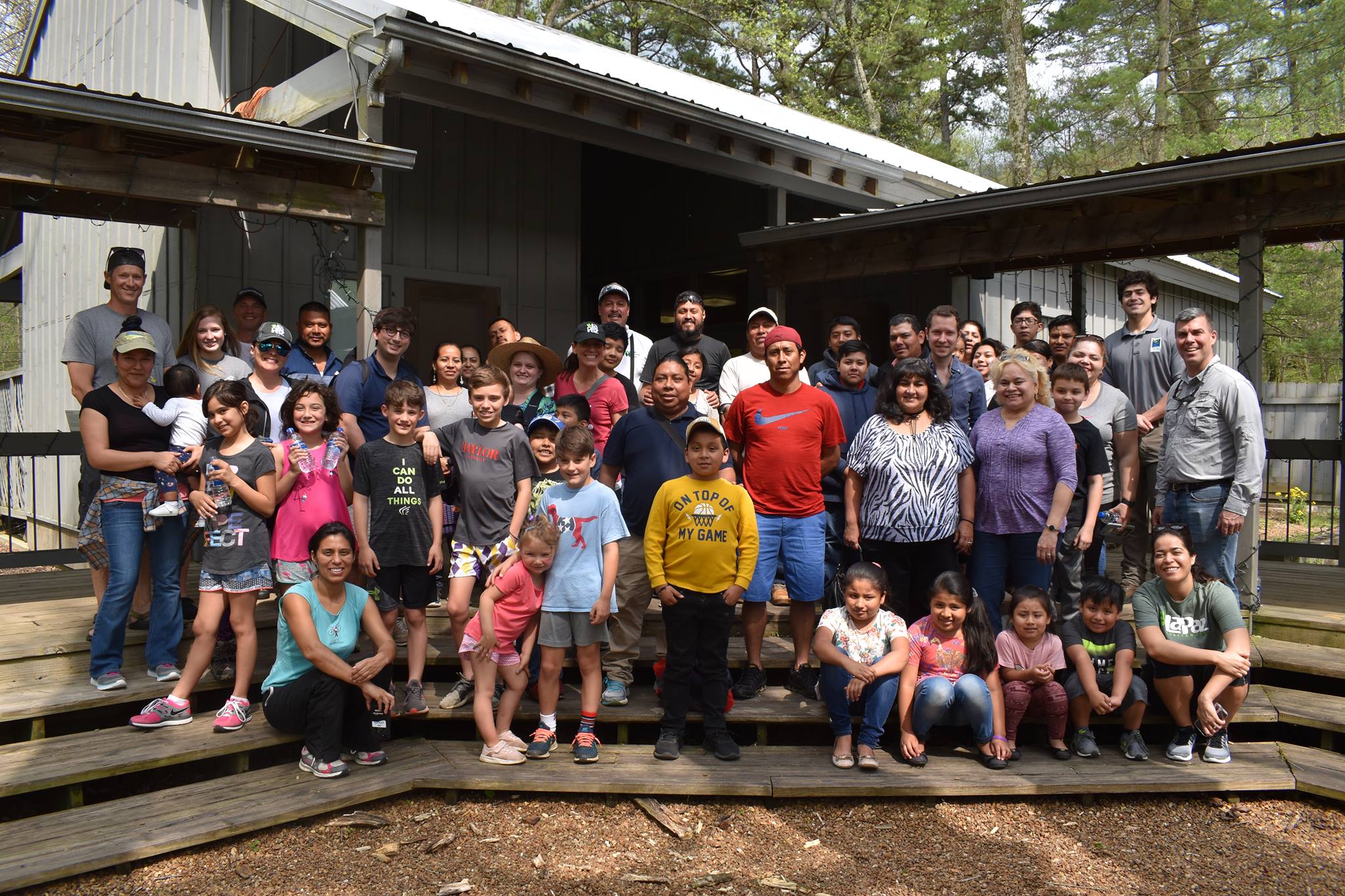
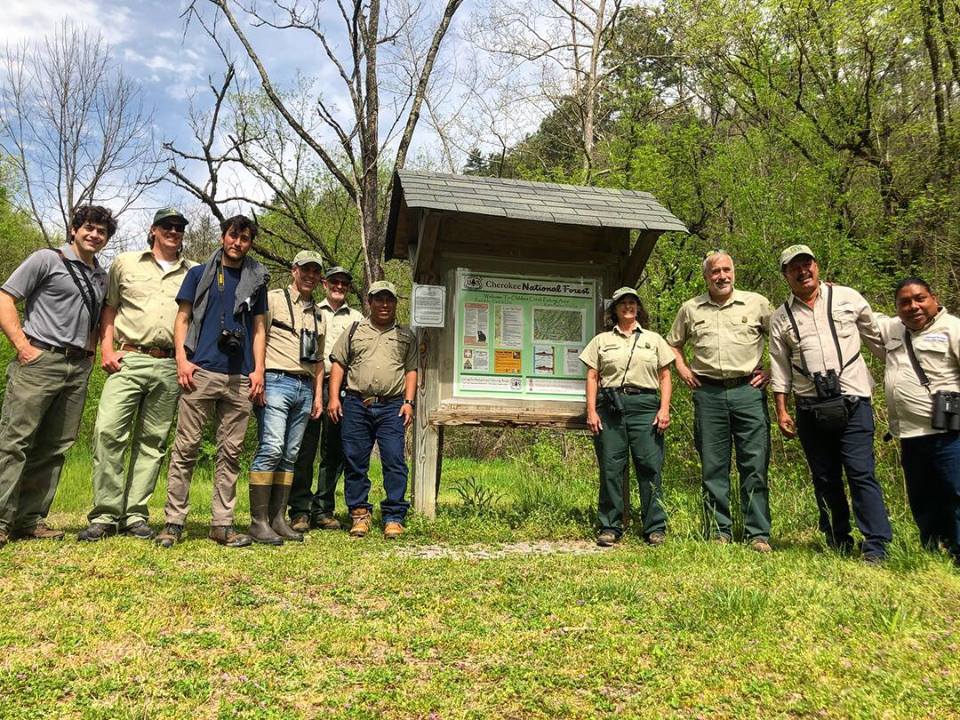
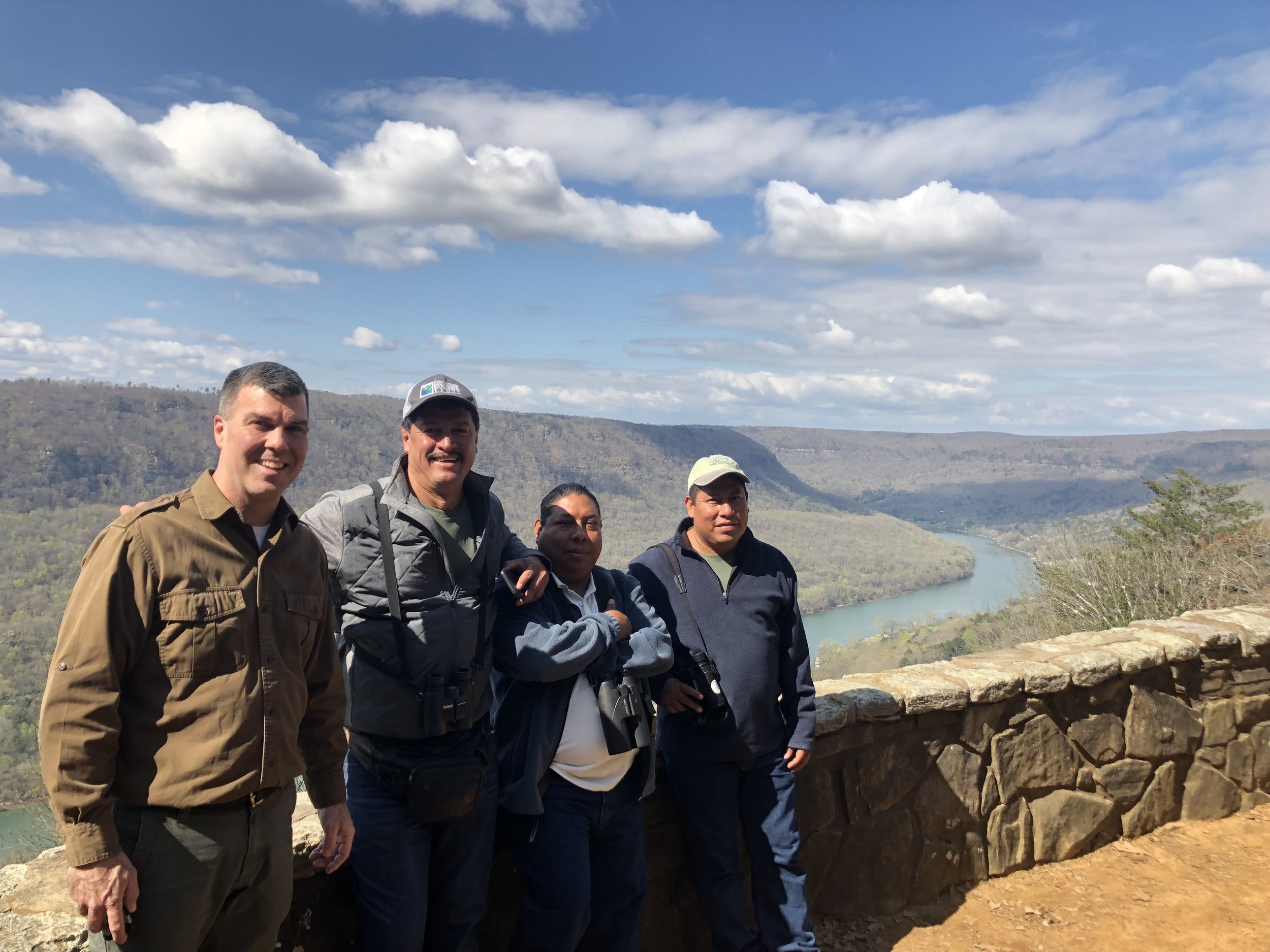
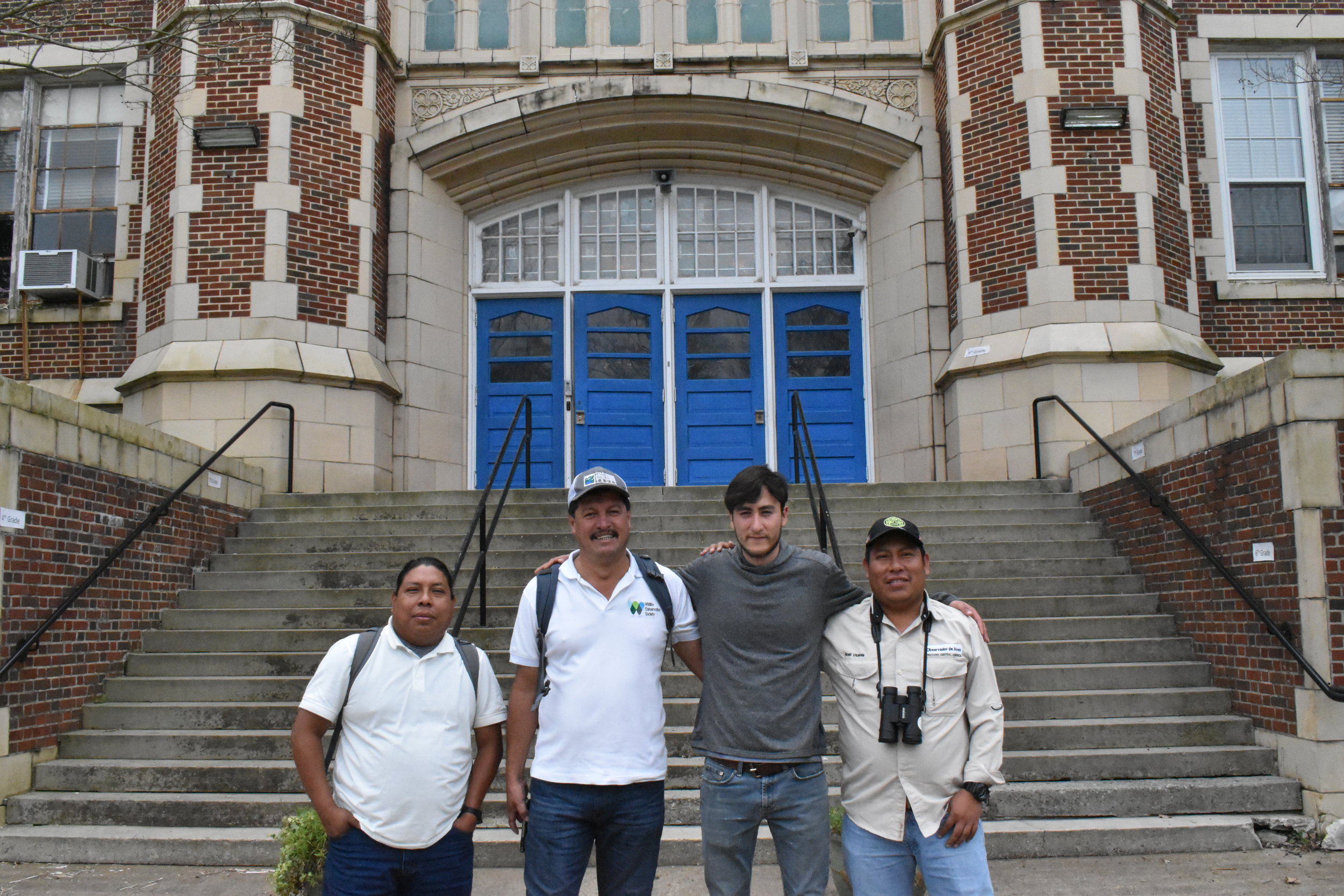
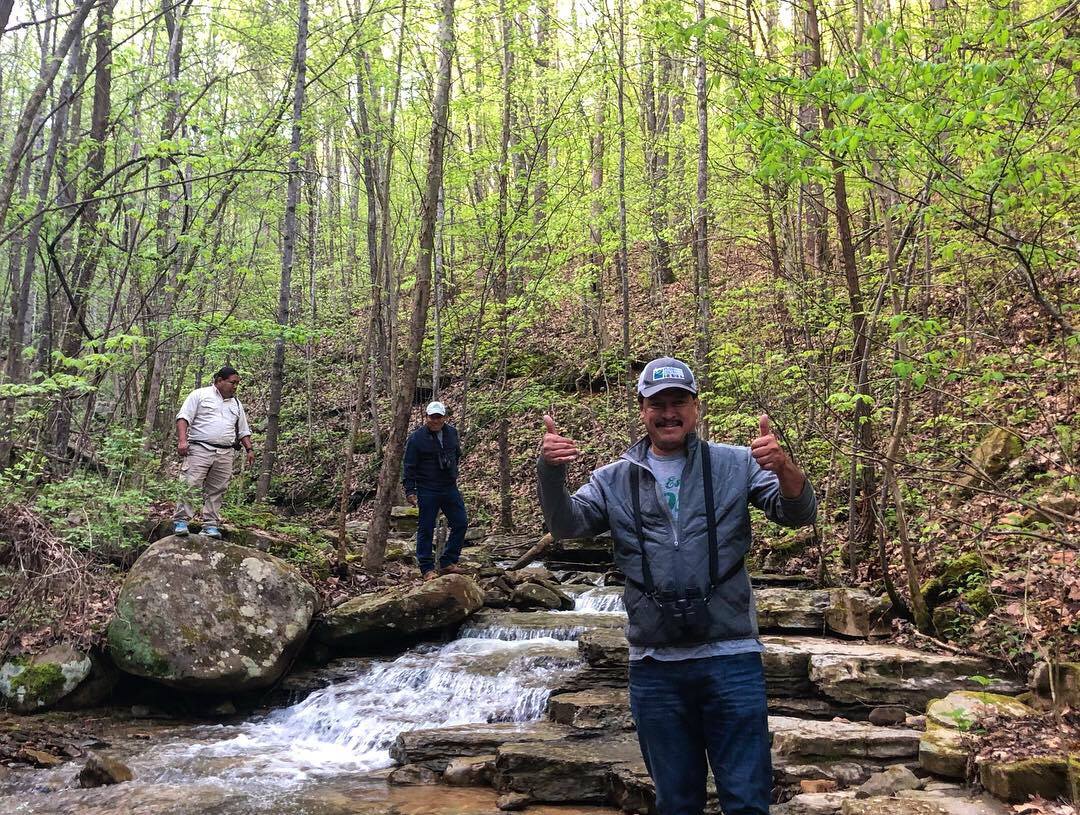
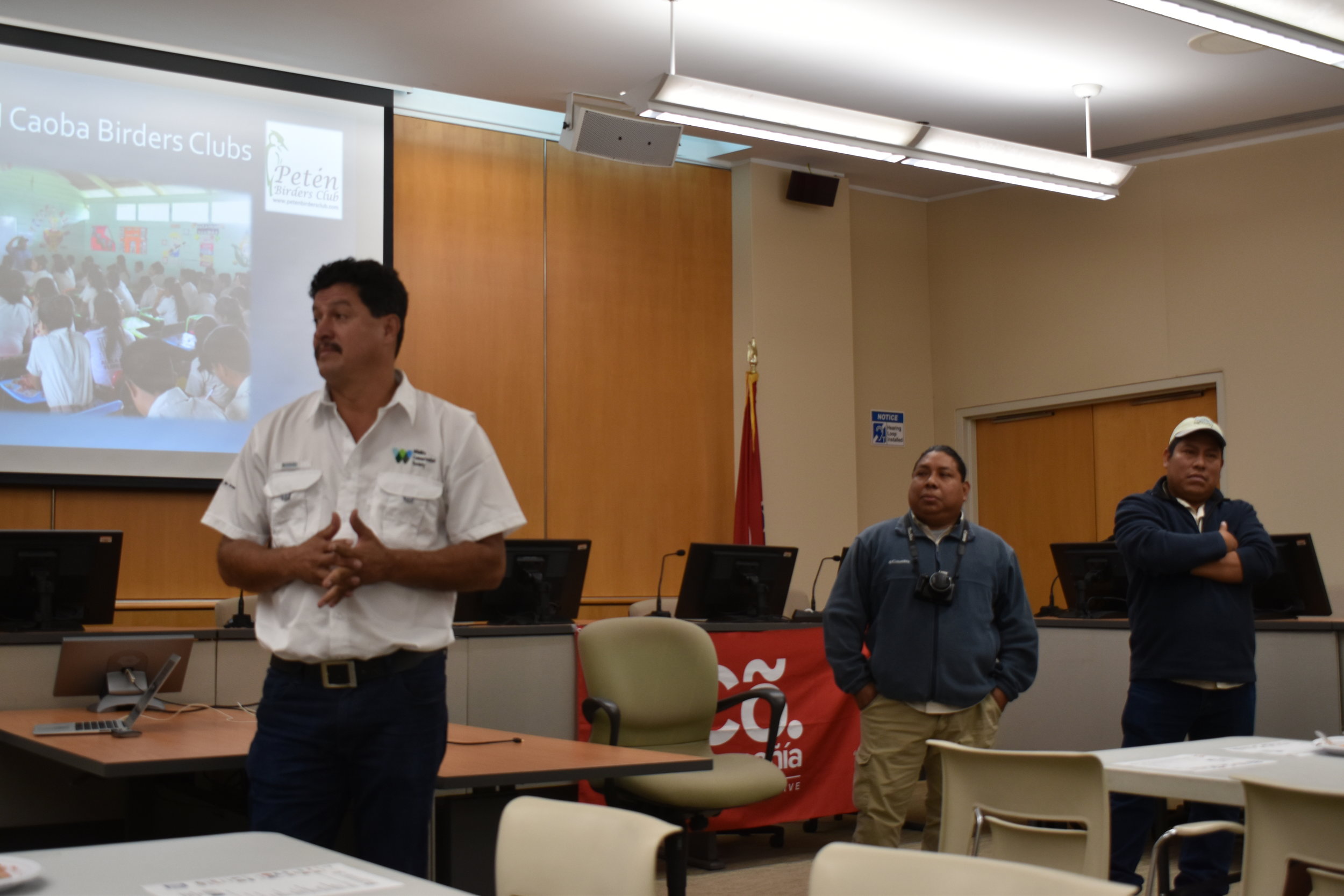
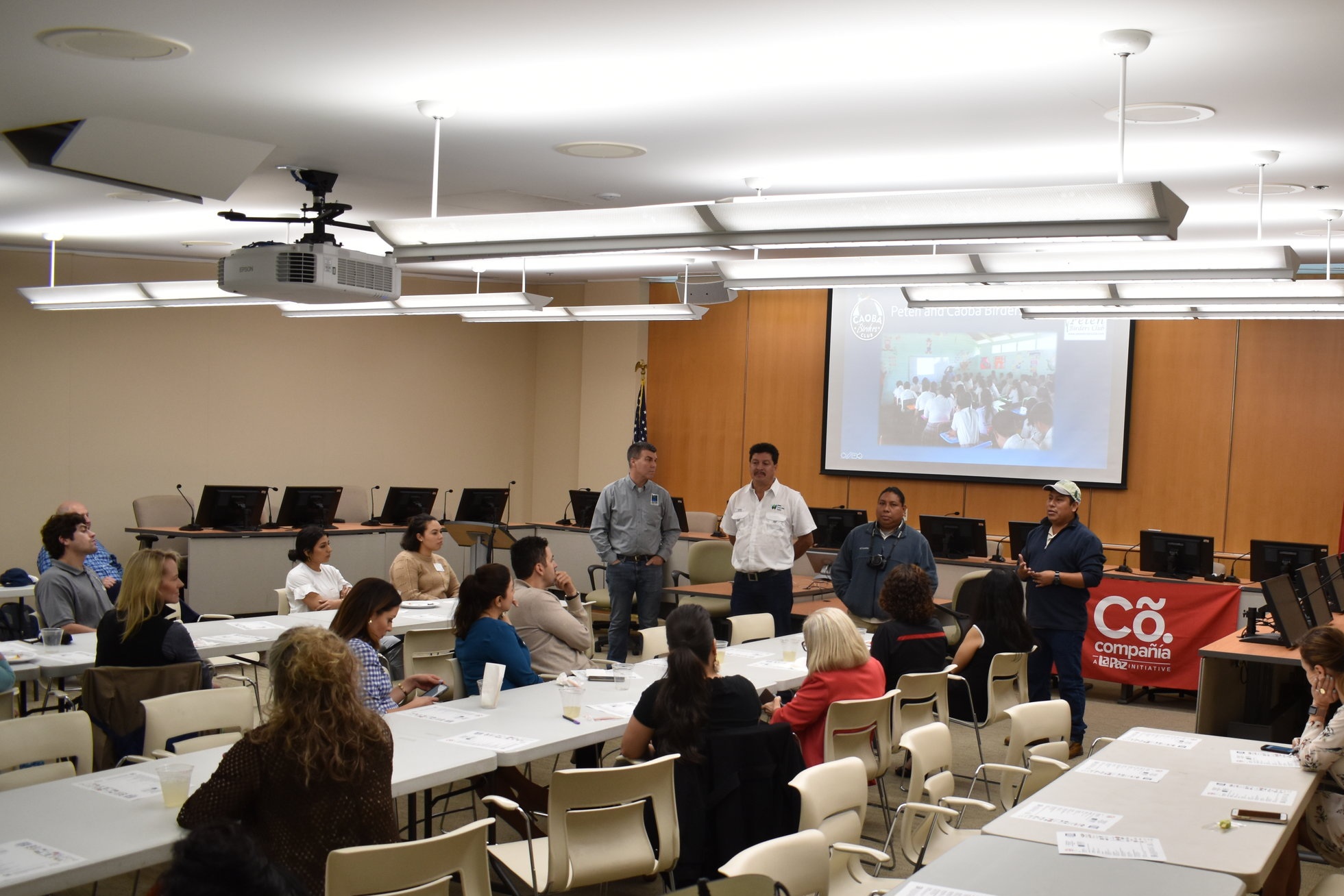
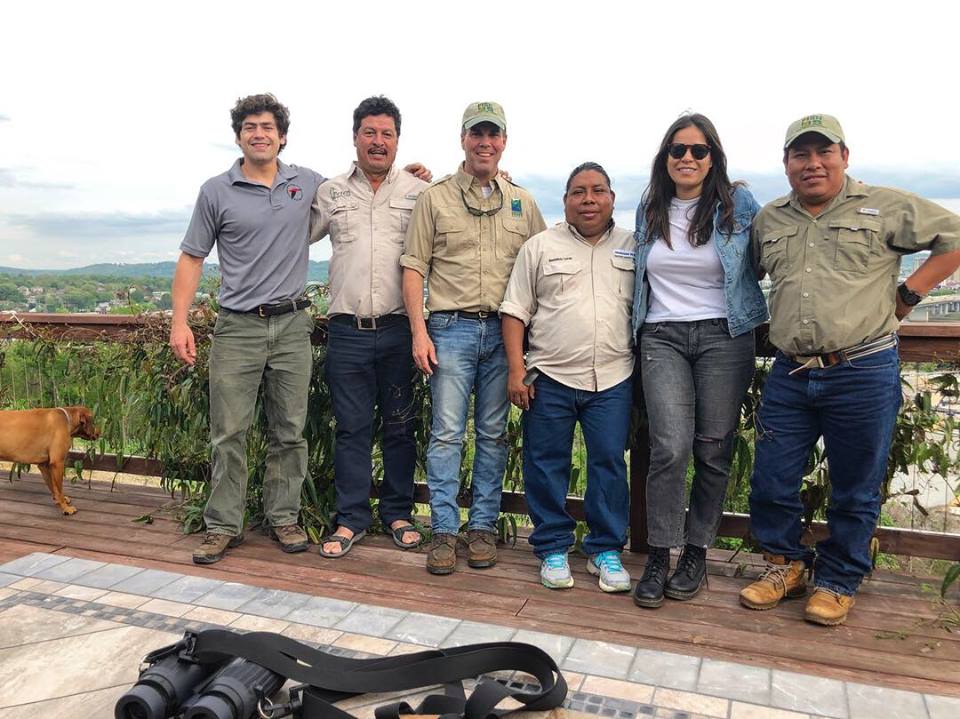
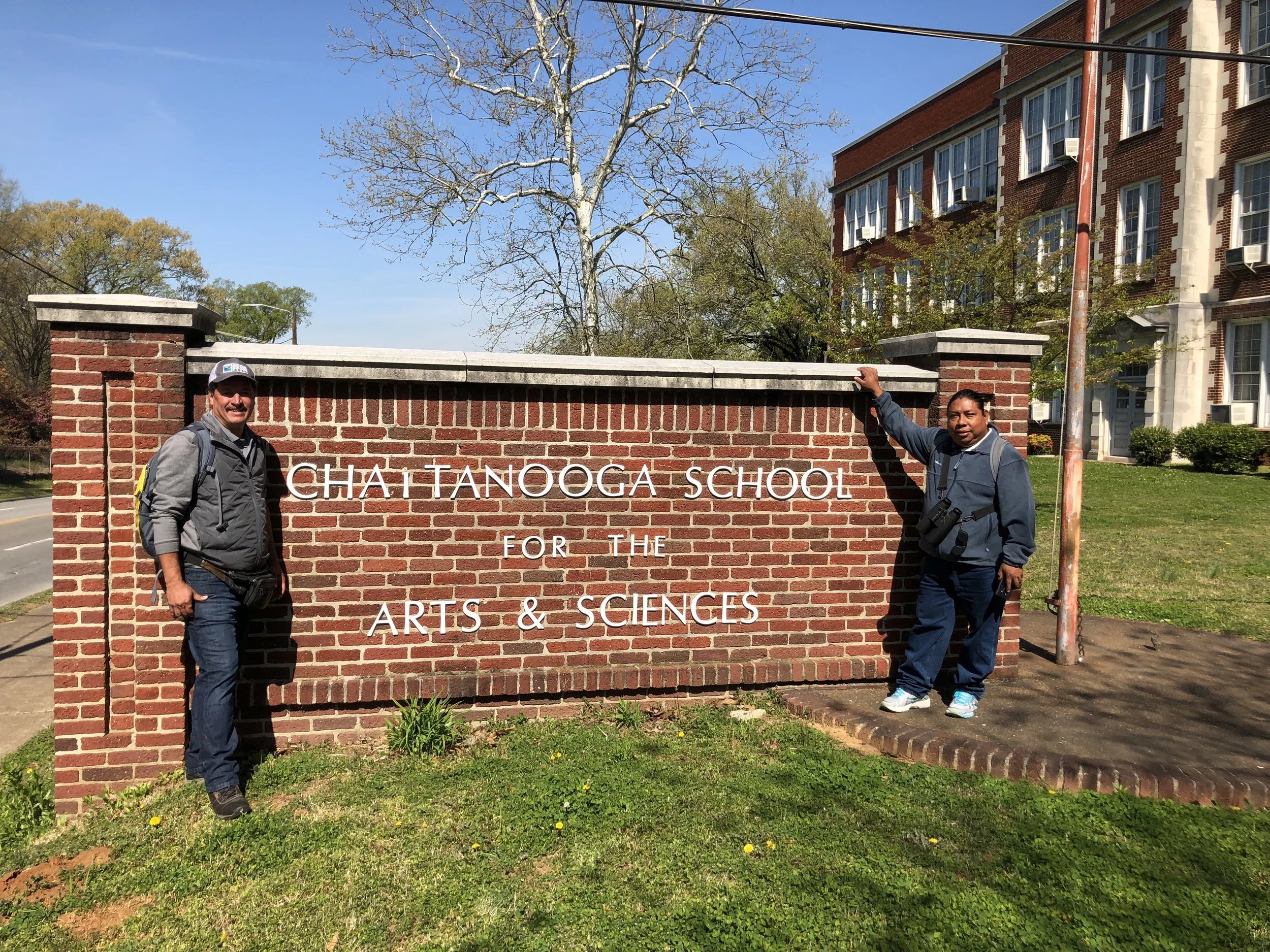
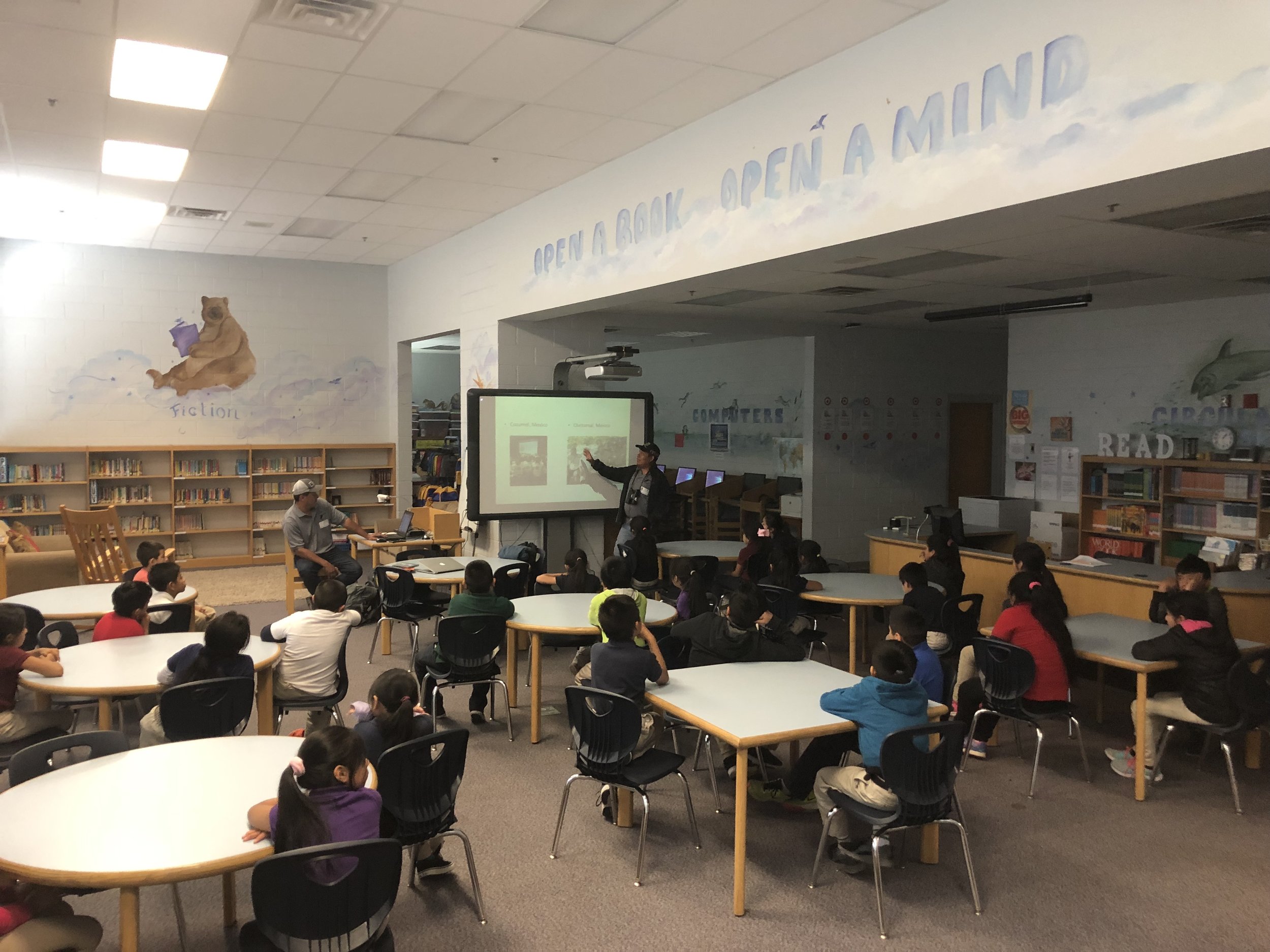
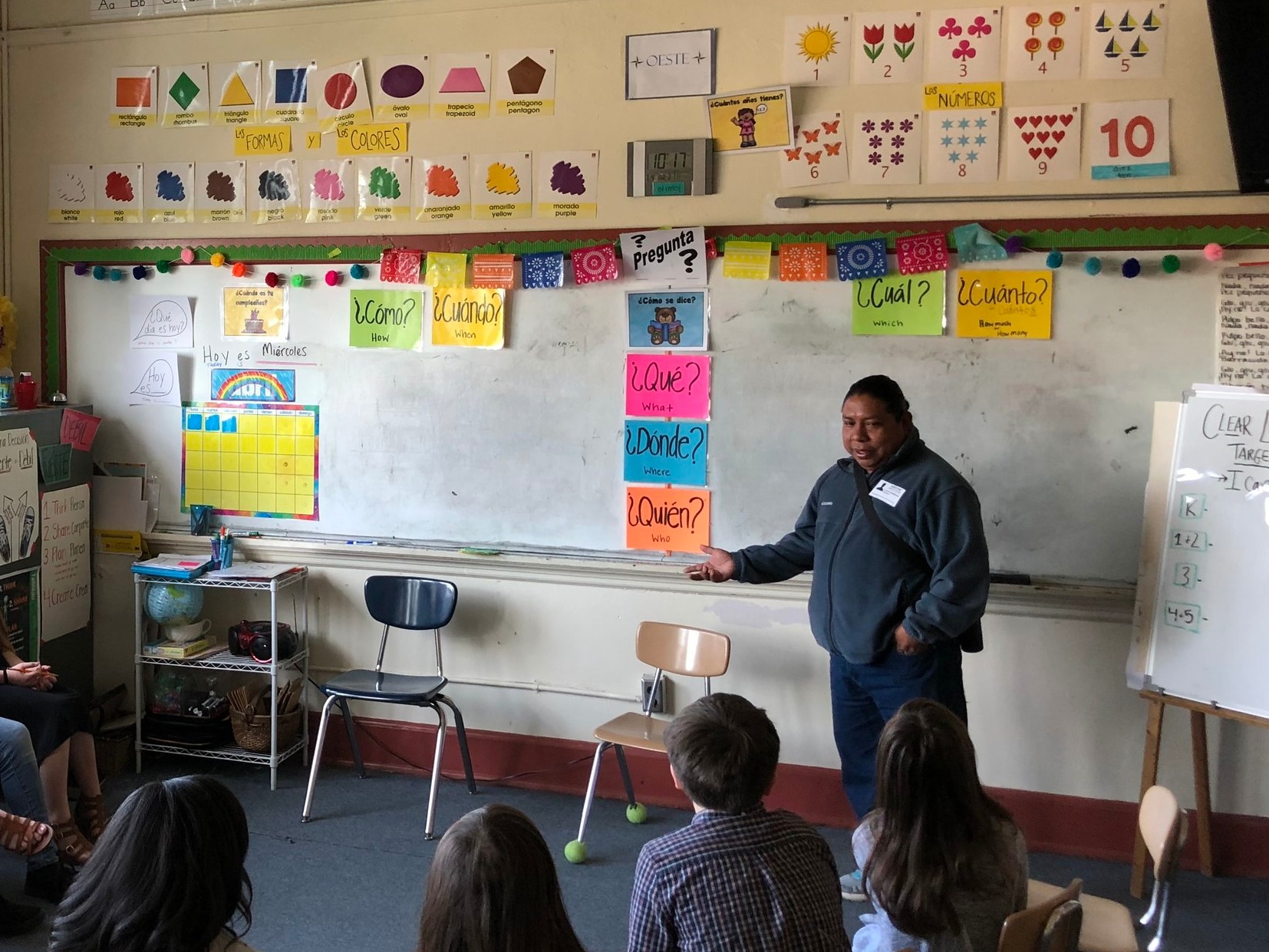
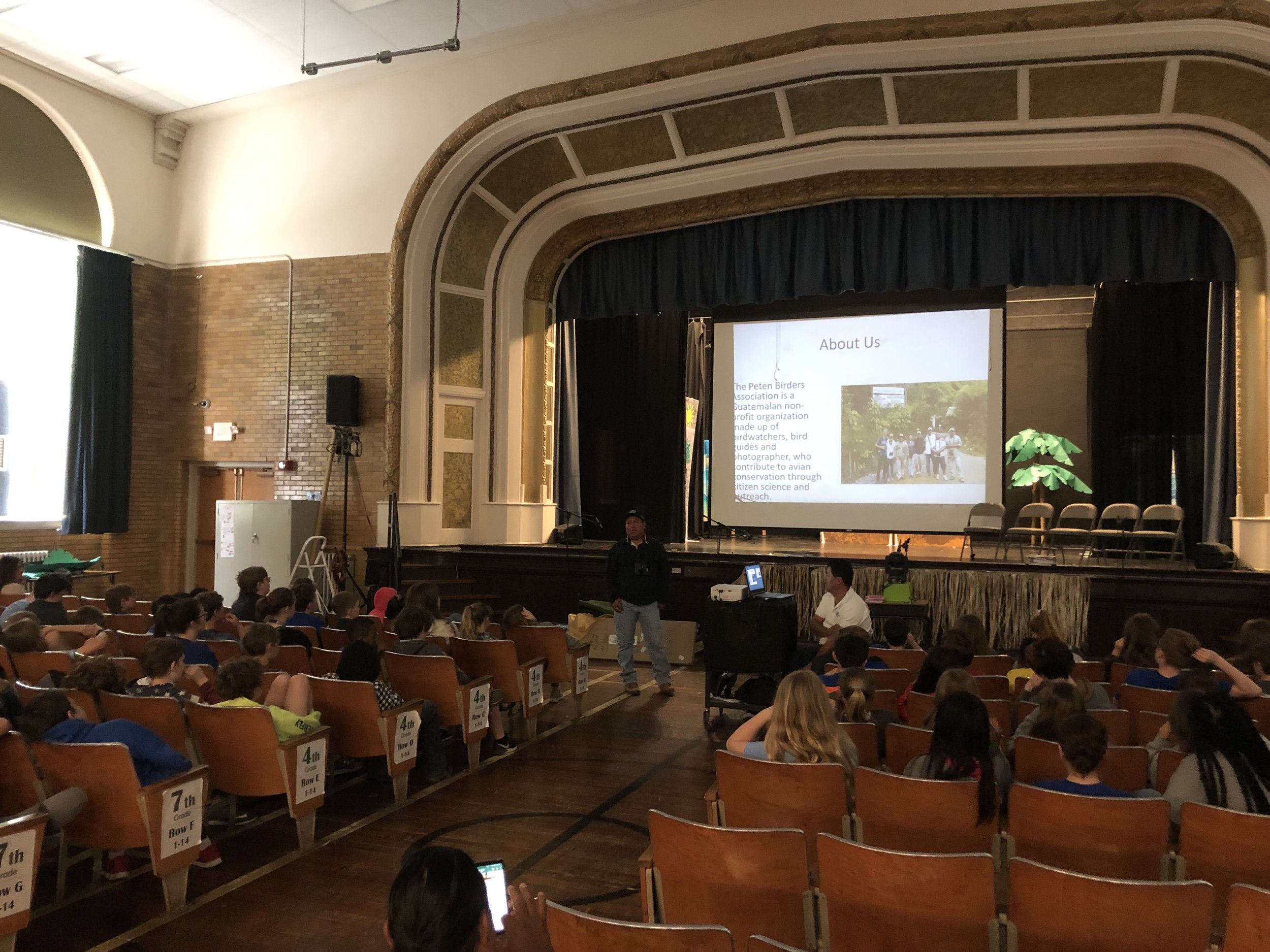
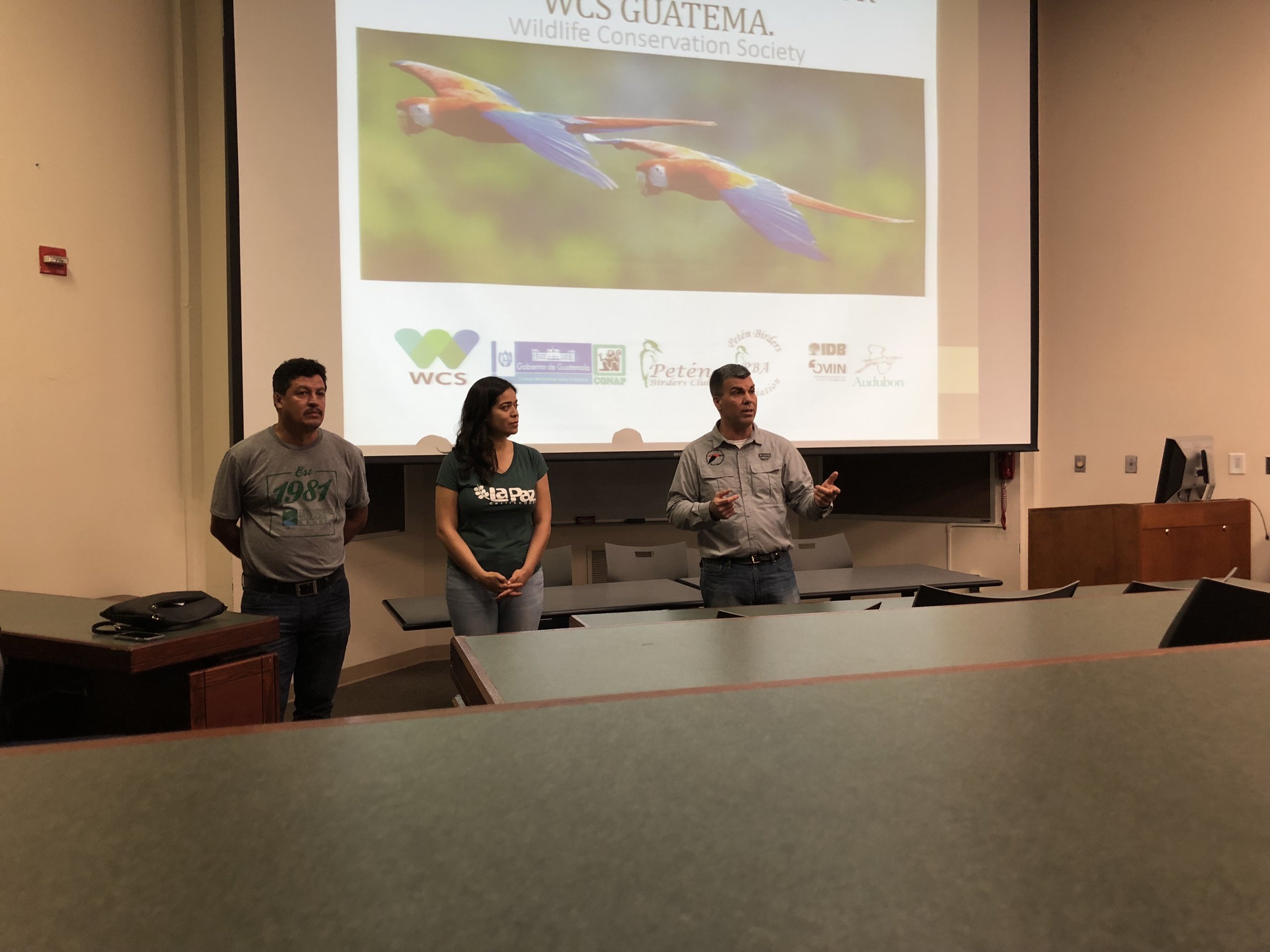

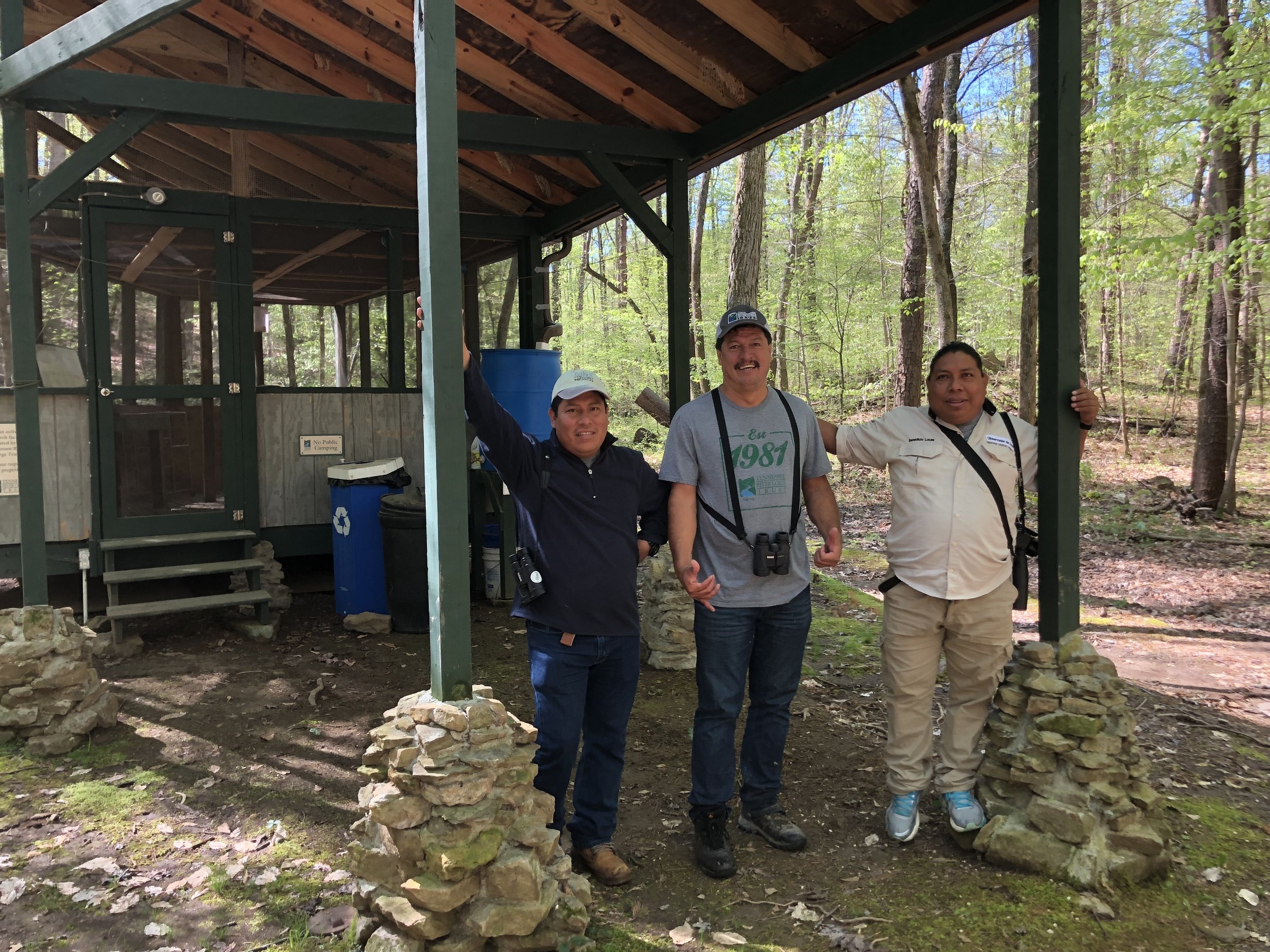
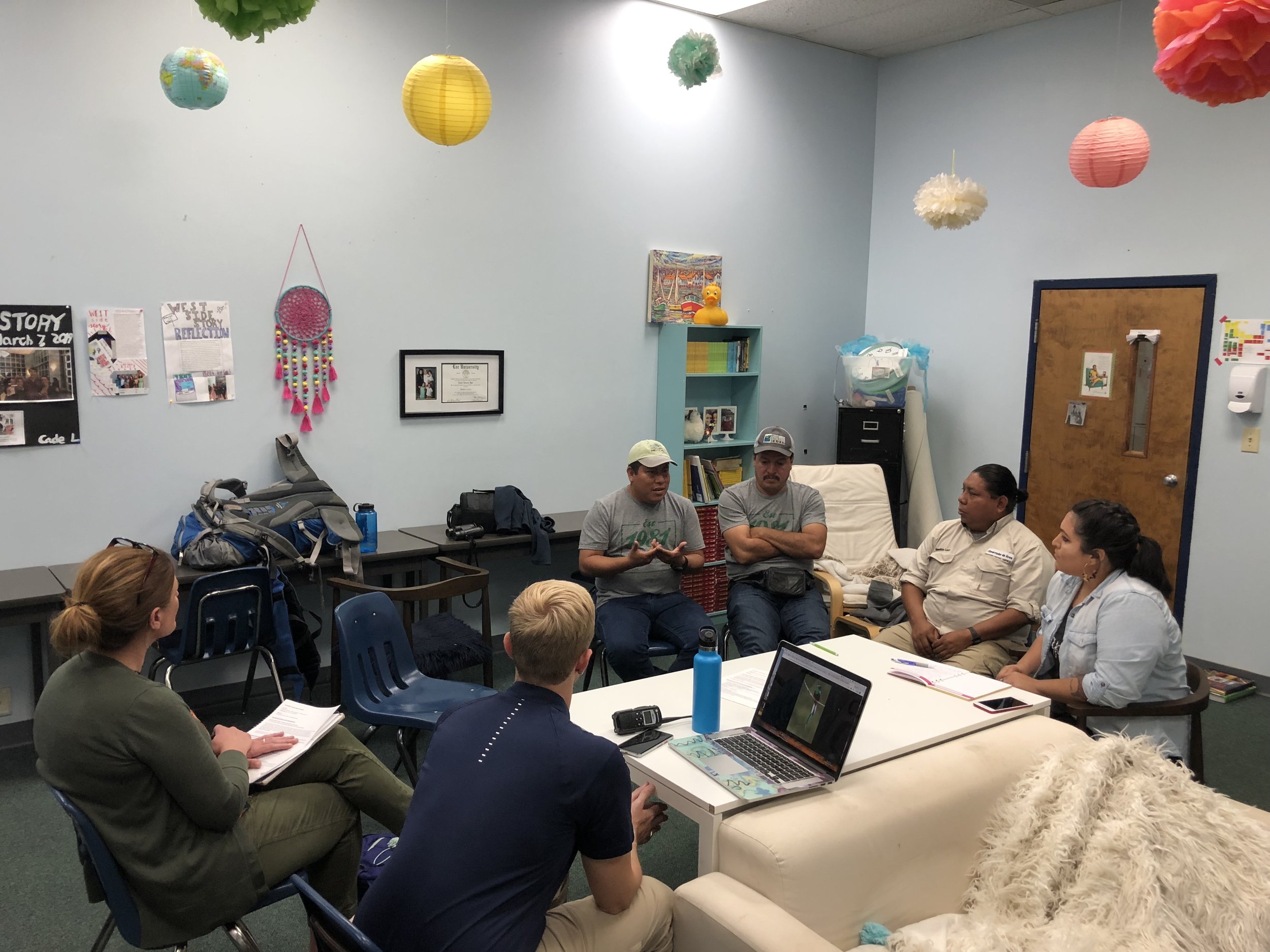
This project was funded by the Lyndhurst Foundation
